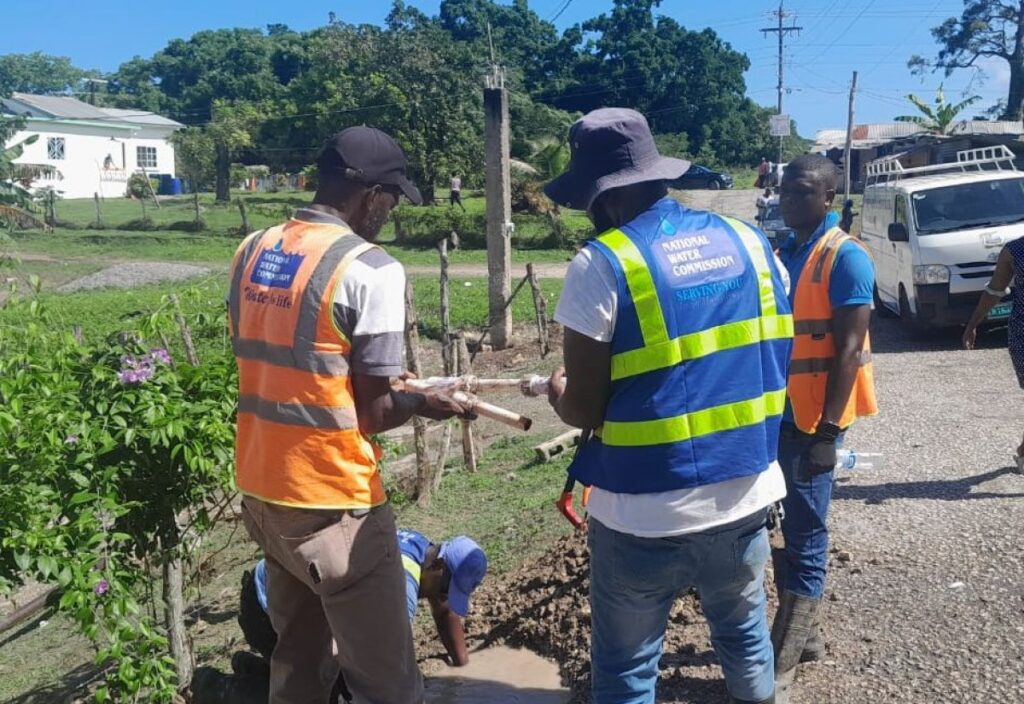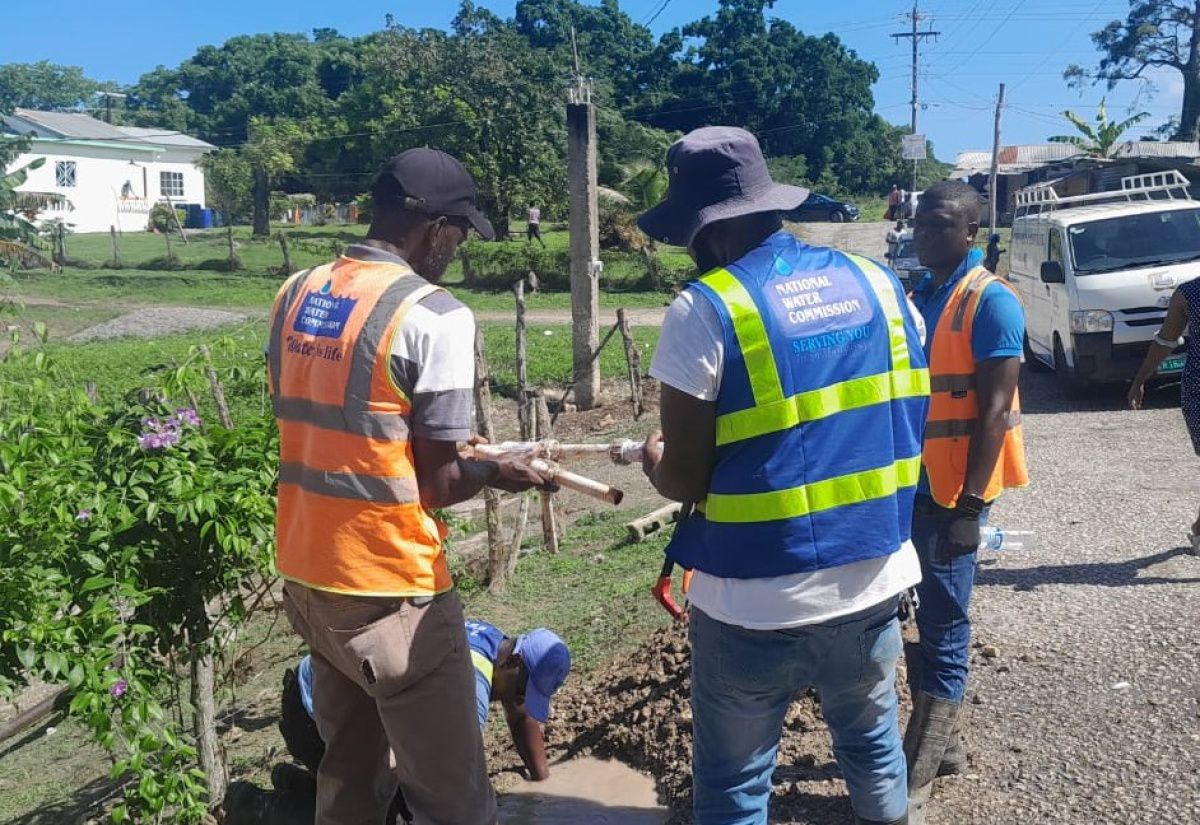
The Programme of Advancement through Health and Education (PATH) beneficiaries and government pensioners with National Water Commission (NWC) accounts in arrears can benefit from a write-off of up to 100 per cent on balances owed for two years or more, under the entity’s 90-day amnesty.
They are among the clients with outstanding balances who can tap into the initiative’s provisions, according to Customer Relations Manager at the NWC’s St Thomas office, Calvert Harrison.
“If you were disconnected for more than two years ago, that means everything will be written off if you’re a PATH beneficiary or a government pensioner, and then you will just start afresh,” he told JIS News.
Harrison informed that “everyone can benefit” under the amnesty, which commenced on January 2.
“If you have been disconnected for over six months, you can get a 50 per cent write off. Pay up your 50 per cent [and] we write off the other 50 per cent, waive your reconnection fee and your service can be restored,” Harrison said.
He pointed out, further, that, “If you are not able to come up with your full 50 per cent, we also offer payment plans where we give you some time, maybe a couple of months, to settle your part of the half, but you still will be reconnected”.
Harrison said customers with overdue balances who were not disconnected can also benefit from the amnesty, pointing out that payment plans can be arranged for persons with arrears for periods under 24 months.
“So, you come in, express your ability to pay, [we see] how much we can work [out] for you and we can give you 12 months to pay the balance. We have what we call a ‘bucket full of goodies’, so we can write off between 20 and 60 per cent of whatever is owed, depending on your situation,” he explained.
The manager indicated, however, that in some cases, a letter of verification from a Justice of the Peace (JP) may be required.
“We have situations where persons may have a bill from a grandfather or a great grandfather who is no longer around, you have this hefty amount on the bill and you are the one living [at the property] now.
“Don’t come in and attempt to apply for any new account, because we are going to find out. It is best for you to come in, give us the name of your grandfather or whichever name that was on the account before,” Harrison explained.
“We will assess the situation and you can also qualify for the write-off. But what may have to happen is that a JP has to confirm that you are the one living at that property… so that you can also benefit,” he added.
Harrison noted that there are also persons living in areas considered ‘designated inner-city areas’, which are socially or financially challenged, who may also qualify for a total write-off.
“There is something for everybody. Don’t hesitate. Come in and let us know your situation… . We will analyse your account. There is something for you, so come and just take advantage of this amnesty that we are offering [because] everyone can benefit,” he maintained.






